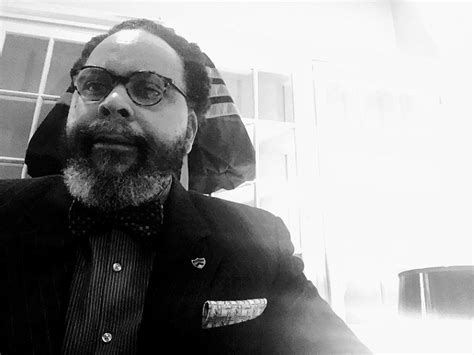A Quote by Larry Crabb
A marriage bound together by commitments to exploit the other for filling one's own needs (and I fear that most marriages are built on such a basis) can legitimately be described as a "tic on a dog" relationship. Just as a hungry tic clamps on to a nourishing host in anticipation of a meal, so each partner unites with the other in the expectation of finding what his or her personal nature demands. The rather frustrating dilemma, of course, is that in such a marriage there are two tics and no dog!
Related Quotes
I think Donald Trump's interpretation of marriage is something that he himself doesn't really believe in. 'Traditional marriage' is where two people love each other, commit to each other, care for each other over the years. It is a meaningful ceremony, and his interpretation of that is not recognizing what real marriage is.
When I say "The good man gave his good dog a good meal," I use "good" analogically, for there is at the same time a similarity and a difference between a good man, a good dog, and a good meal. All three are desirable, but a good man is wise and moral, a good dog is tame and affectionate, and a good meal is tasty and nourishing. But a good man is not tasty and nourishing, except to a cannibal; a good dog is not wise and moral, except in cartoons, and a good meal is not tame and affectionate, unless it's alive as you eat it.
A Native American elder once described his own inner struggles in this manner: Inside of me there are two dogs. One of the dogs is mean and evil. The other dog is good. The mean dog fights the good dog all the time. When asked which dog wins, he reflected for a moment and replied, The one I feed the most.
Marriage has become a battlefield where two persons are fighting for supremacy. Of course, the man has his own way: rough and more primitive. The woman has her own way: feminine, softer, a little more civilized, more subdued. But the situation is the same. Now psychologists are talking about marriage as an intimate enmity. And that's what it has proved to be. Two enemies are living together pretending to be in love, expecting the other to give love; and the same is being expected by the other. Nobody is ready to give - nobody has it. How can you give love if you don't have it?
A happy marriage perhaps represents the ideal of human relationship -- a setting in which each partner, while acknowledging the need of the other, feels free to be what he or she by nature is: a relationship in which instinct as well as intellect can find expression; in which giving and taking are equal; in which each accepts the other, and I confronts Thou.
People can't help the way they feel, only what they do about it. They can no longer not be attracted to someone other than their spouse than they can say they are not hungry or not thirsty or not frightened or embarrassed. It's when you act on that attraction when you know it would be bad for your marriage that is the problem. In a good marriage, the couple are each as committed to the marriage as they are to each other.
Although love could grow in times of peace, it tempered in battle. Daddy told me once - when I'd said something about how perfect his relationship with Mom was - that I should have seen the first five years of their marriage, that they'd fought like hellions, crashed into each other like two giant stones. That eventually they'd eroded each other into the perfect fit, become a single wall, nestled into each other's curves and hollows, her strengths chinking his weaknesses, her weaknesses reinforced by his strengths.
The problem of unmet expectations in marriage is primarily a problem of stereotyping. Each and every human being on this planet is a unique person. Since marriage is inevitably a relationship between two unique people, no one marriage is going to be exactly like any other. Yet we tend to wed with explicit visions of what a “good” marriage ought to be like. Then we suffer enormously from trying to force the relationship to fit the stereotype and from the neurotic guilt and anger we experience when we fail to pull it off.
When two people in a marriage are more concerned about getting the golden eggs, the benefits, than they are in preserving the relationship that makes them possible, they often become insensitive and inconsiderate, neglecting the little kindnesses and courtesies so important to a deep relationship. They begin to use control levers to manipulate each other, to focus on their own needs, to justify their own position and look for evidence to show the wrongness of the other person. The love, the richness, the softness and spontaneity begin to deteriorate.



































